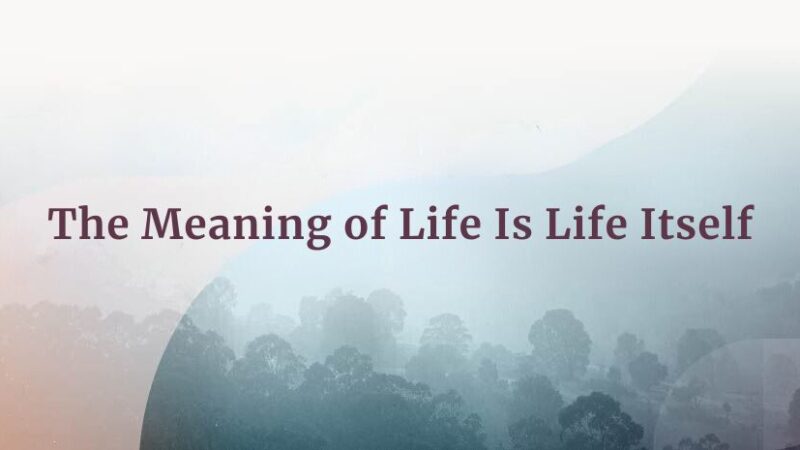By Byron Metcalf
My new album is ideal for bodywork, movement practices such as walking meditation and qigong, and promoting a state of relaxed, alert creativity. I invite you on an immersive journey with me into the rhythms and music of spaciousness and movement in Inner Rhythm Meditations.
journey with me into the rhythms and music of spaciousness and movement in Inner Rhythm Meditations.
For several years, I’ve wanted to create an album of relaxed tempos, easy meditative rhythms and compositions—a dramatic departure from the deep-trance oriented, concentrated sonic driving of the tribal-shamanic music, and sounds that have primarily defined my music over the past 18 years.
I began by experimenting with periods of meditation (both sitting and walking) followed by sessions in my studio with my intention set to fully trust what emerged from the rhythms of the muse—from the fertile ground that the meditations help cultivate. I was thrilled with the grooves and sounds that were coming through and this inspired me to move fully forward with my vision.
It soon became clear to me that I wanted to add guitars and flutes as my primary accompaniment. Erik Wøllo (an incredible guitar player from Norway) and Peter Phippen (Grammy-nominated flute player from Wisconsin) were both enthusiastic about the album and agreed to join me. Working with such amazing musicians brought my vision of this music to a whole new level! Their melodic and emotional sensitivity to what I was imagining literally took my breath away.
My music has always been a primary means of seeking and realizing the truth of my experience—to genuinely know what it means to live an authentic, soul-based and heart-centered life on this earth and to be a unique part the greater cosmos.
Deep Journeys,
Byron Metcalf





 journey with me into the rhythms and music of spaciousness and movement in
journey with me into the rhythms and music of spaciousness and movement in 
